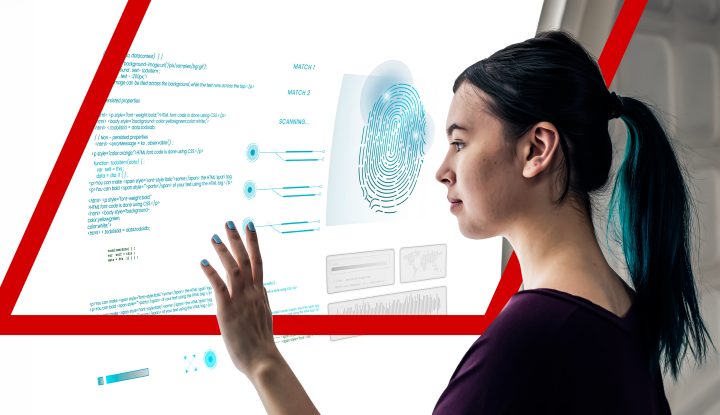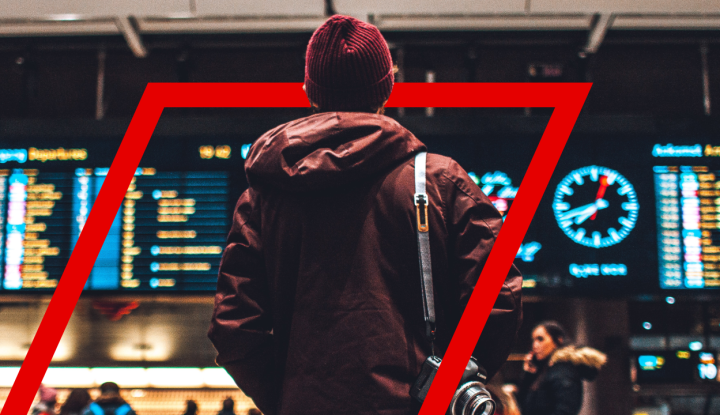It is rare to meet someone who does not like to travel. Everyone who travels has a different purpose and need. However, the travel ecosystem largely treats all travelers with the same lens. Unable to understand their individual needs, the industry fails to provide relevant & customized offers that help travelers reach their travel goals.
The global travel retail market is projected to generate $225,663.8 million in revenue from 2022 to 2031 at a CAGR of 16.0%, shows a recent report. One of the main elements fostering a favorable view of the market is the significant global growth of the travel industry.
Imagine someone who spends his wedding anniversary with his wife and children in the Maldives, every year. To plan his travel, he will look out for holiday itineraries, OTAs, etc., online for which he will start receiving offers from multiple airlines. The airline recognizes this behavior and reaches out to potential customers with a good ticket offer that includes baggage, seating together on the flight, pick-up drop, along with some delightful hotel room options that cater to a family of four, plus a potential upgrade.
Wouldn’t we all love this kind of travel purchase experience?
Personalization of travel retail experiences creates a win-win situation for the traveler and suppliers like airlines and hotels. In the wake of the pandemic, airlines and hotels are looking at increasing their revenue. It is increasingly challenging to distinguish offers from their competitors. While airfares have come under significant pressure in the last several years due to competition from low-cost carriers, the revenue from the ancillaries or the
add-ons like meals, Wi-Fi, etc., has seen a significant rise. However, not all ancillaries make sense for all travelers.
—
This byline article by Sandeep Bhasin was published in Express Computer






